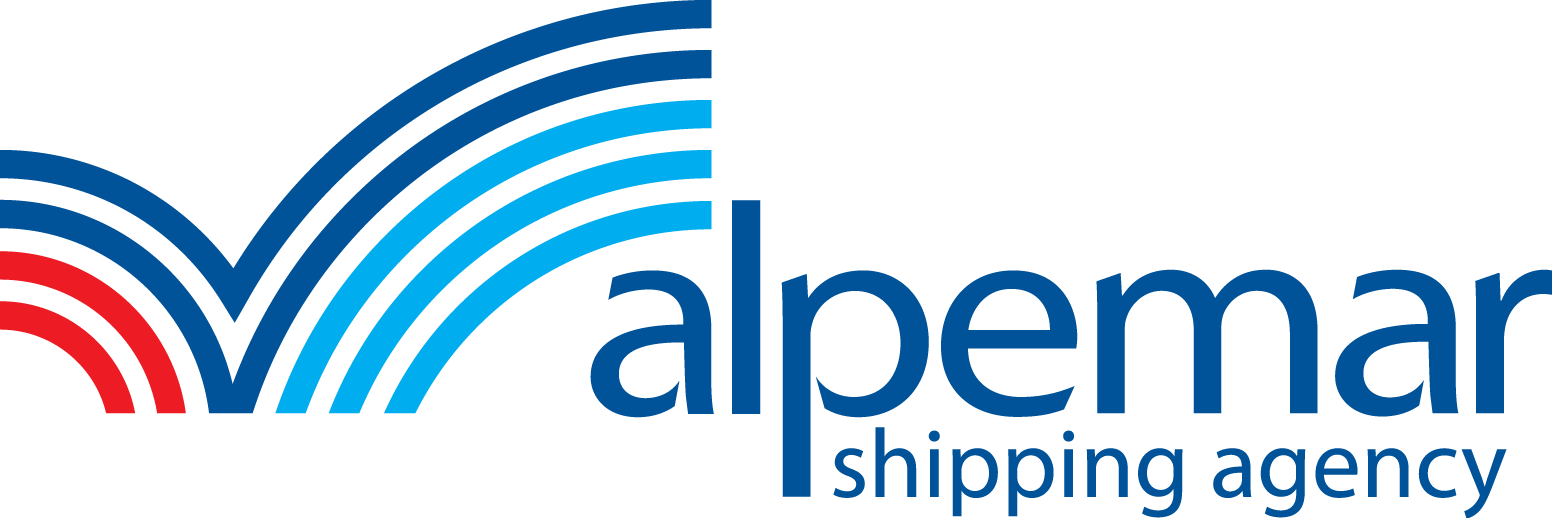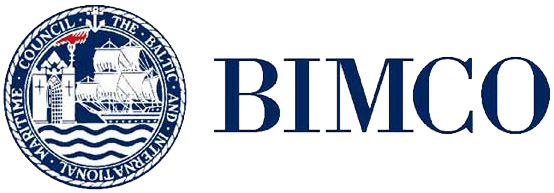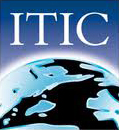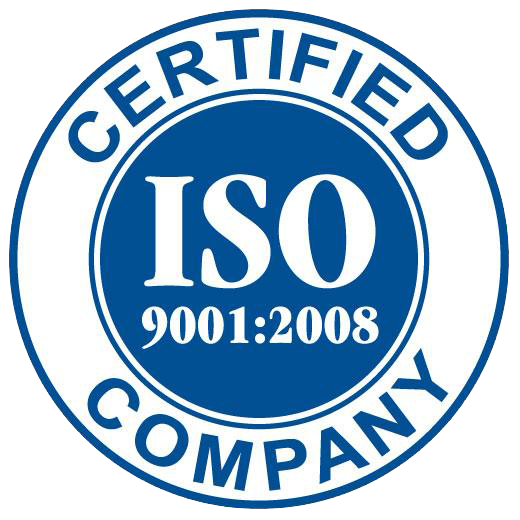Cargo Vessels: Promotion of a local alternative to reduce costs and pollution.
Date: 27/12/2018
December 27th
(Article from LA NACION newspaper: https://www.lanacion.com.ar/2205778-buques-impulsan-una-alternativa-loca... )
Cargo Vessels: Promotion of a local alternative to reduce costs and pollution.
By 2020 it is projected that between 10% and 15% of the new vessels in the world will be ready to operate with LNG (Liquid Natural Gas); a proposal aims to stimulate national production.
"What did Sarmiento - president between 1868 & 1874 - do when the carts became obsolete? Did he make other lighter ones? Put tires on them?", asks Naval Engineer Ignacio Leiva and then, he describes his project, which was born as from detecting some problems in sea/river transport.
"He changed the system," he answers and remembers the railroad arrival and the first railways laying in order to connect the country and boost the inner trade.
"Now, the fuel problem is new, so it needs a new solution," says the Engineer and points out two critical factors: the economic one, for the reducing of costs, and the sustainable one, by answering to the environmental problems and complying with increasingly harsh international standards.
Using gas is a solution but its storage, so far, is an issue, so, about four years ago, Leiva, with the support and experience of the Employers and River Officials Center's managers, they began to unraveling the problem.
The gas could be liquefied in two ways: by applying a very high pressure or by removing energy. But Leiva envisioned an alternative found out into an old catalog of the ConArgen factory which offered welding electrodes that withstanded temperatures below -135 °C; with that info, he began to tracki ng around the world someone who currently has that technology to test his idea: instead of liquefying by pressure and obtain Compressed Natural Gas (CNG), to doing it so by temperature.
Then, he discovered that the Czechs produce equipment for welding at a very low temperature, he contacted them and advanced on his thesis that allows the gas to enter liquefied and cool down to -161 °C, which makes it "practically inert" and "much more secure" than the CNG or the Gas Oil..
"Since the gas has a greater calorific power -, he tells -, we managed to reduce the required amount, also cheaper, which translates it into a saving of 70 percent of fuel, and about 30 percent less in the final vessel's operation costs. "
That is why Leiva insists that liquefied natural gas (LNG) "completely changes the vessel's costs equation" and, to get a dimension, he explains that, "in the vessels fueled by diesel, the cost of fuel represents 53.68% of the vessel's operati ons total costs. The remaining percentage consists in a 42.34% of crew and a 3,92% of insurance, maintenance and assembly".
"By taking into account the tax gap that exists with other flags in the region, and how much the fuel affects the transport rates, the LNG would allow to be competitive again in the Paraná-Paraguay Waterway traffic", he points out. And says "A vessel, with a tug, or a barge, are economic units. Therefore, we must seek for the most possible efficiency".
It is estimated that by 2020, between the 10 and 15 percent of the new ships in the world will be prepared to operate with LNG.
In this sense, the Volkswagen Group announced that as from 2019, they will use vessels of 200 meters LOA, powered by LNG, with about 4500 cars capacity for sea transport between Europe and North America.
In September 2018, commenced the first construction phase in the shipyard Xiamen Shipbuilding Industry and since 2019 the service will be manag ed by Siem Car Carriers.
"After several studies, we got the intention to promote in the construction of a modern push tugboat in our country, and with derivations such as tugs for ports and passenger boats equipped with this technology," says Mariano Moreno, Union secretary of the Employers and River Officials Center.
And he adds: "Although maritime transport is by far the most efficient way of transport in terms of energy per MT/Mile, there are still substantial opportunities to improve the ship's environmental performance and achieve greater savings in fuel consumption through the adoption of technical and operational measures."
Development
He also assures that Argentina is in position to build the tugboats in its own shipyards, at an estimated cost of about U$S 260.000 (VAT free).
In that sense, he emphasizes that 62.000 man-hours would be used in a direct way and the same in subsidiary industries.
"Likew ise, other areas of the shipping industry such as port tugboats, sand barges, domestic liners, fishing vessels, among others of general transport and energy, will be interested in the system; producing a virtuous spiral, which will generate a large quantity of jobs and industrial development at all levels", he said.
The supply would not be a problem because the gas pipelines are already drawn and Vaca Muerta ensures enough energy to cover both the domestic and export markets.
Due to a geostrategic issue, a liquefaction factory should be built in Barranqueras (Chaco province), because the vessels are designed to reach an autonomy of 2.000 kilometers (153 m3); thus a round trip from Buenos Aires to Chaco could be covered, passing through the San Lorenzo port (Santa Fe province), while the largest tug boat could reach Asunción in Paraguay and return back with the same cargo of LNG.
On the other hand, Silvia Martinez, Chairwoman of the Naval I ndustry Argentine Chamber (CINA), which also supports the proposal, said that "a strategic vision, planning and small decisions can impact on the employment generation and the transformation into an industrial country".
"The virtues to vindicates the river transport are on the cost and environmental impact in relation to other types of transport," says Martinez, explaining that the cargo a barge can carry represents over 60 trucks or 30 train wagons.
"Ports and waterways generate development in regional economies," she says.
Engine for production
Although the data show a high difference between costs of different transport ways, there are clear imbalances in development. For this reason, even in Argentina, the road transport represents hte 93% of operations, a 4% for railways and only 3% for waterways.
"If a harvest of 1,010,000 Mt of soybeans is expected, it should be understood that this equates to 841 train fo rmations of 30 wagons each or 44,500 trucks," explains Julio González Insfrán, head of the Cabotage Owners Center, and notes that " the most effective and cheapest solution is to transport all this production with convoys of barges, but Argentina doesn't have the necessary amount of tugs or barges."
And, despite the international commerce continues operating mostly with ships, "the influence of Argentine companies in maritime transport is practically zero, while the 85% of the tug boats that navigate the Waterway are Paraguayan flagged", says González Insfrán.
During next years, the resulting production from the arable lands expansion, as well as the livestock ones, will generate significant delays in the transport system, which is why González Insfrán insists that "the development of major infrastructure works and transport logistics is key, especially for the use of the Paraná-Paraguay Waterway ".
To low the operating costs is the moto of the moment worldwide. And especially in our country, where different ways to achieve that goal are looked for.
Therefore, from the Cabotage Owners Center goes along with the design of vessels powered by LNG, which also offers several environmental benefits compared to the conventional fuels: sulphur and particle emissions are reduced to virtually zero, nitrogen oxide from 85% to 90% and the greenhouse gases from 15% to 20%.
The National Goverment gives a strong support to this policy which proposes to improve the competitiveness, to generate new investments and create new jobs.
In particular, it was pointed out that the President is especially interested in the LNG powered Tug Boats project.
We'll keep you posted and updated.






